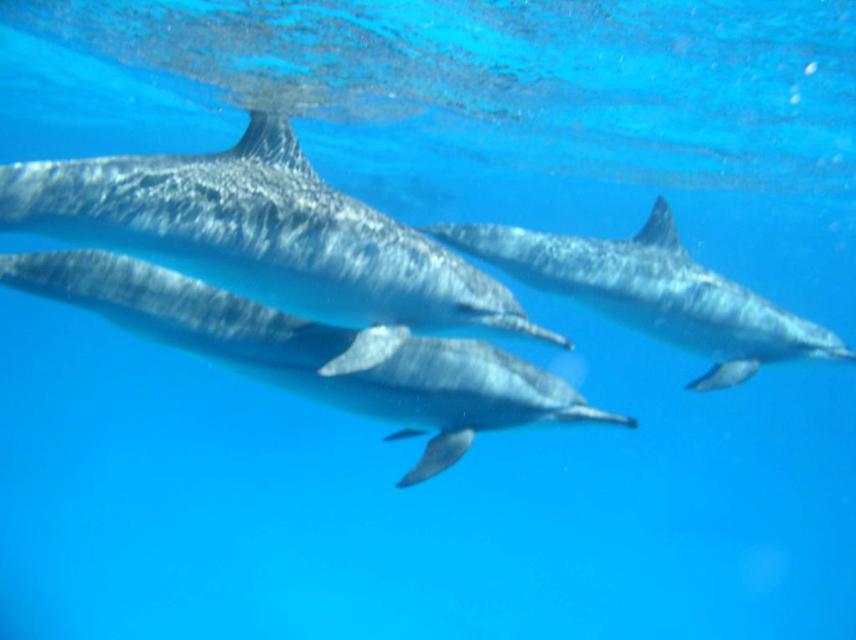Ross Culloch
Other projects
14 Dec 2006
The Ecology and Apparent Threats to Cetaceans within the Arabian Sea Region of the Indian Ocean Sanctuary (IOS) I
This project aims to document the ecology of and threats to the cetaceans inhabiting Pakistani waters with significant focus on capacity building to form the foundation for a successful long term study.

At present, there is very little known about the ecology of the cetacean species’ within Pakistani waters. To fully understand their ecology and the threats that they face, we need to develop an economic and practical long term study that has the ability to collect significant data. Ultimately, this project will do this by analysing data from the previous and current field seasons, whilst continuing to teach and train, raise awareness, and generate instantly valuable data. During this second year we will be continuing the capacity building of individuals from the University of Karachi and WWF-Pakistan. This is of great importance if we are to secure the long term success of the project, as these individuals will be responsible for continuing and carrying out all aspects of this work once this project is complete.
The research will be in the form of systematic beach surveys which shall be carried out between November 2007 and March 2008. Data collection will involve recovery of beach cast cetacean remains and, where possible, tissue samples will be taken from dead, stranded animals. During these surveys we will raise awareness of cetacean conservation and the project work by distributing leaflets, identification guides, and sightings cards in local languages. We will also engage senior members of these communities in a questionnaire on local cetaceans. These interactions will provide additional information on when, where, and which cetacean species have been sighted, and will continue to build on the already successful sightings and strandings network.
Ultimately, this research will give us important information that will allow us to plan adequate management strategies that would enable us to effectively conserve this valuable and little known component of Pakistan’s natural heritage. On a larger scale, these findings will add to the International Whaling Commission’s currently limited knowledge of cetaceans within this section of the Indian Ocean Sanctuary (IOS), which, in turn, will contribute to the management and conservation of the IOS as a whole.